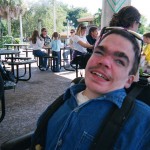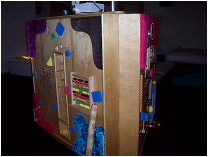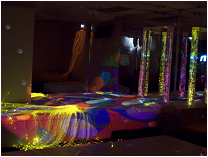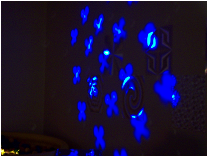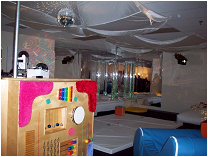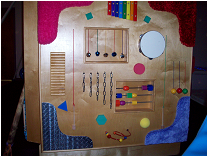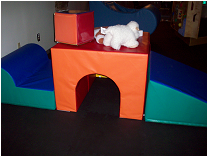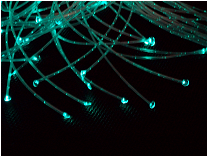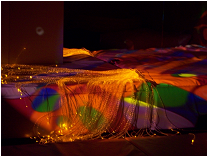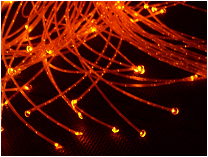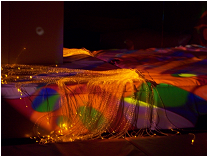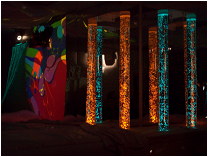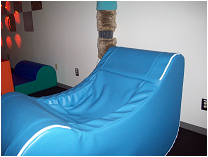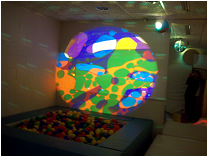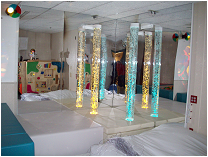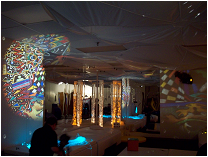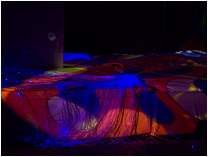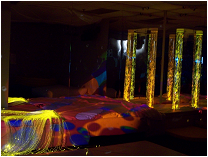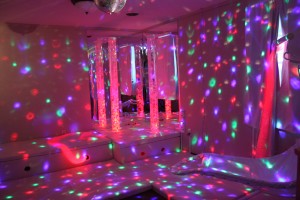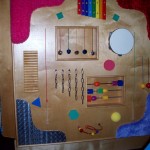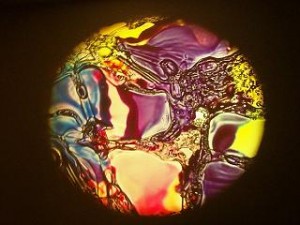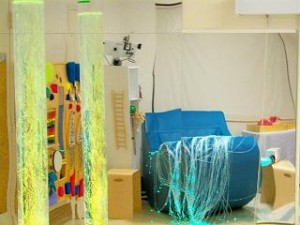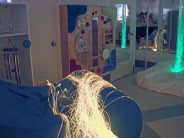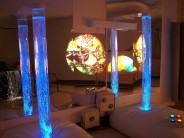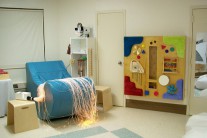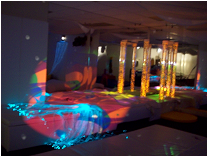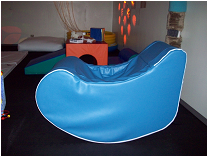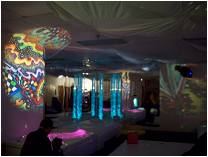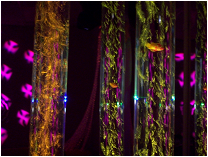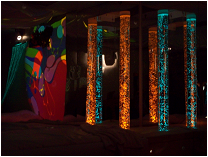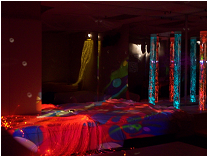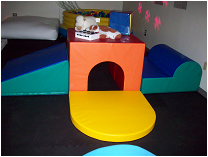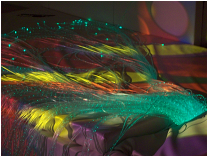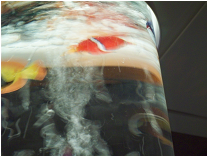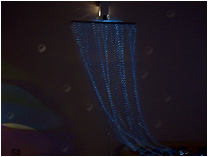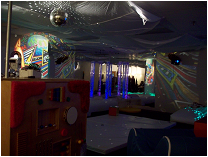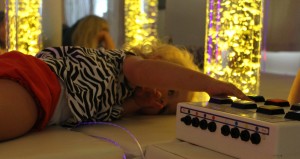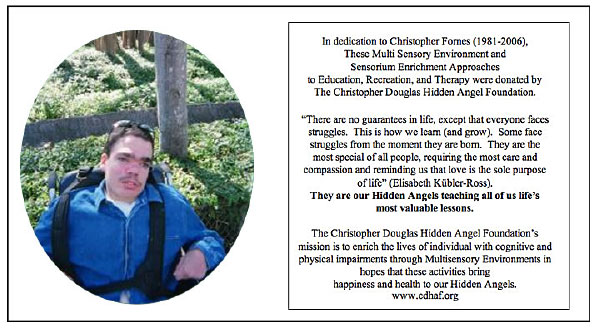“There are no guarantees in life, except that everyone faces struggles. This is how we learn (and grow). Some face struggles from the moment they are born. They are the most special of all people, requiring the most care and compassion and reminding us that love is the sole purpose of life.”– Elisabeth Kübler-Ross
These are our Hidden Angels – teaching all of us life’s most valuable lessons.
New Research
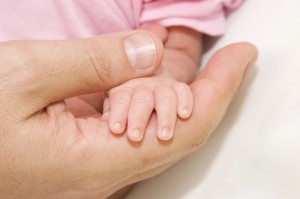 The Hidden Angel Foundation is proud to support and contribute to the research and work being done around the use of Multi Sensory Stimulation for premature infants within the Neonatal Research Laboratory at Brigham and Women’s Hospital. The Neonatal Research Lab at Brigham and Women’s Hospital offers preterm infants the maternal auditory and tactile vibroacoustic stimulation needed to develop properly. The ultimate goal of this research project is to improve developmental outcomes in extremely premature infants through the unique application of multisensory stimulation while in the hospital bed. A total of 25 preterm infants will participate in this study over a 2 year period. BWH will specifically target infants born very prematurely between 25 – 32 weeks gestation as this patient population has the highest risk for developmental problems.
The Hidden Angel Foundation is proud to support and contribute to the research and work being done around the use of Multi Sensory Stimulation for premature infants within the Neonatal Research Laboratory at Brigham and Women’s Hospital. The Neonatal Research Lab at Brigham and Women’s Hospital offers preterm infants the maternal auditory and tactile vibroacoustic stimulation needed to develop properly. The ultimate goal of this research project is to improve developmental outcomes in extremely premature infants through the unique application of multisensory stimulation while in the hospital bed. A total of 25 preterm infants will participate in this study over a 2 year period. BWH will specifically target infants born very prematurely between 25 – 32 weeks gestation as this patient population has the highest risk for developmental problems.
Thanks to the Hidden Angel Foundation, the infants will be exposed to audio recording of their own mother’s voice, heartbeat, and music transmitted to the infant’s incubator via vibroacoustic technology. Vibroacoustic platforms have been developed by HAF to help stimulate individuals with neurological challenges. BWH hypothesizes that this bedside technology will provide infants with a more womb-like environment to grow, providing them with both the audio and vibrational stimulation they need in order to develop normally. This research will collect critically important data that will shed more light about the importance of multisensory stimulation in extremely premature infants and may increase their potential for normal development.
Your professional and monetary support has been extremely valuable to our clinical work in the neonatal ICU as we develop pioneering techniques to enhance the survivorship and health outcomes of very premature and critically ill babies. At Brigham and Women’s Hospital, a teaching affiliate of Harvard Medical School, we became focused on the importance of sensory stimulation in the neonatal period and its potential impact on enhancing neurological development. At this time we turned to Bud and Sandra (and the Christopher Douglas Hidden Angel Foundation) in an effort to learn from the many years that they have devoted to this approach. The foundation has been more than generous in sharing their many years of experience and their innovative techniques as well as assisted the funding of our essential research in this area. Their selfless contribution of time, expertise and funding will lead to a positive outcome in the development of premature children throughout the United States and Canada. Considering growing evidence in this field, it is clear that the use of sensory stimulation in sick babies and children with disabilities should deserve much more attention. I believe that with true leaders such as Sandra and Bud, this filed will grow to a new level.
– Amir Lahav, ScD PhD, Dept. of Newborn Medicine, Brigham and Women’s Hospital Harvard Medical School.
